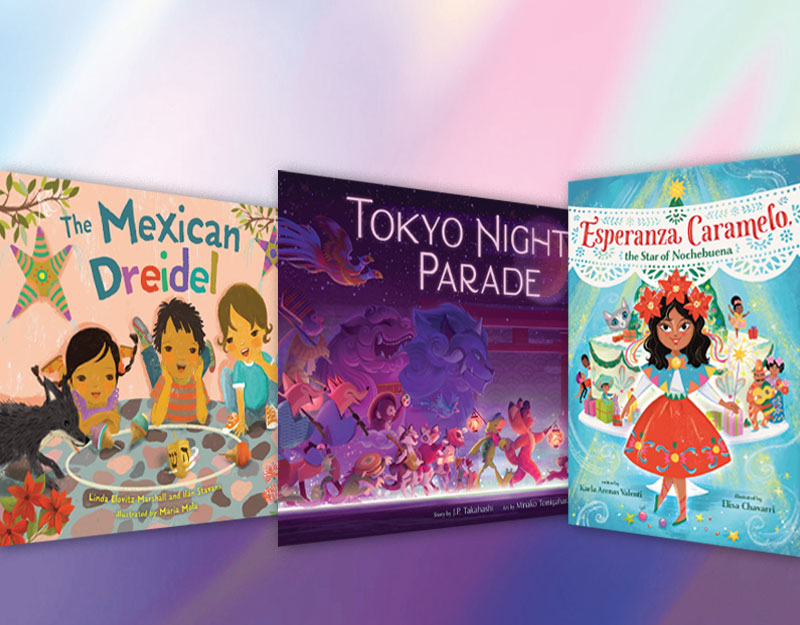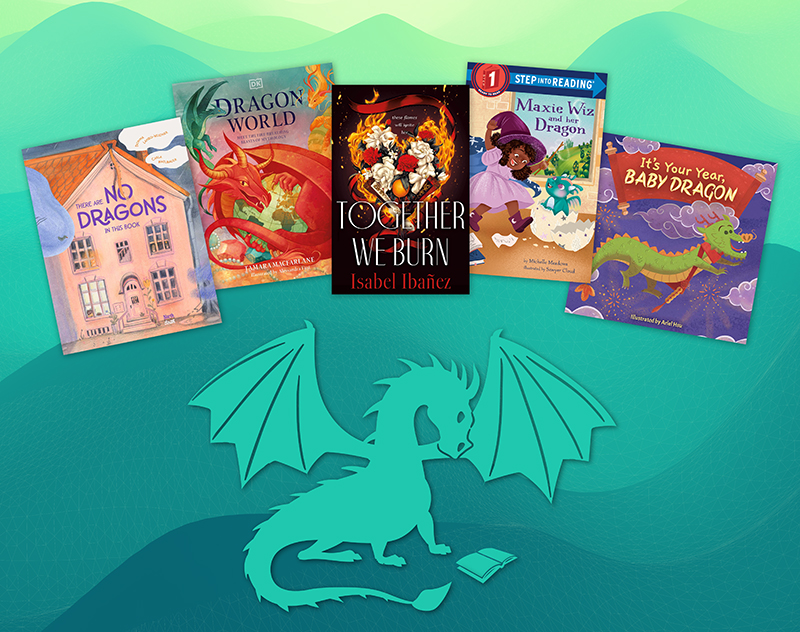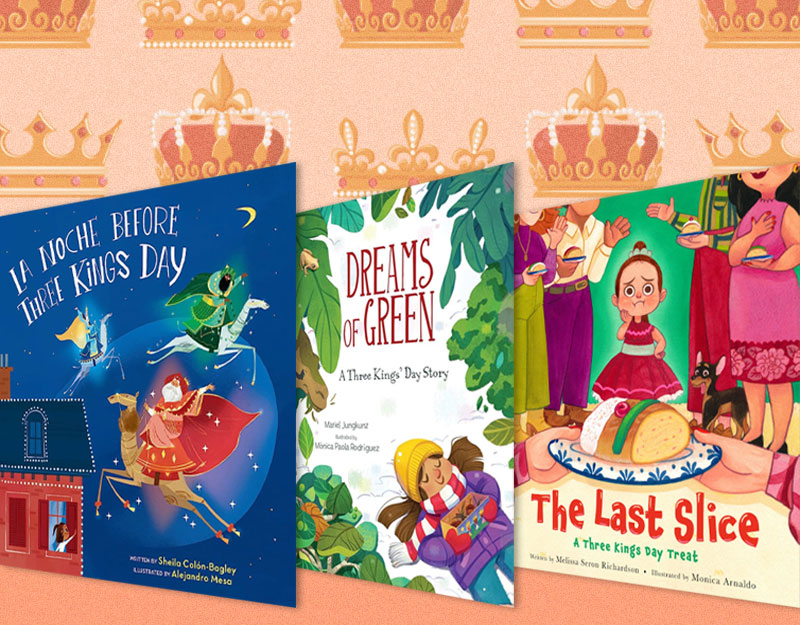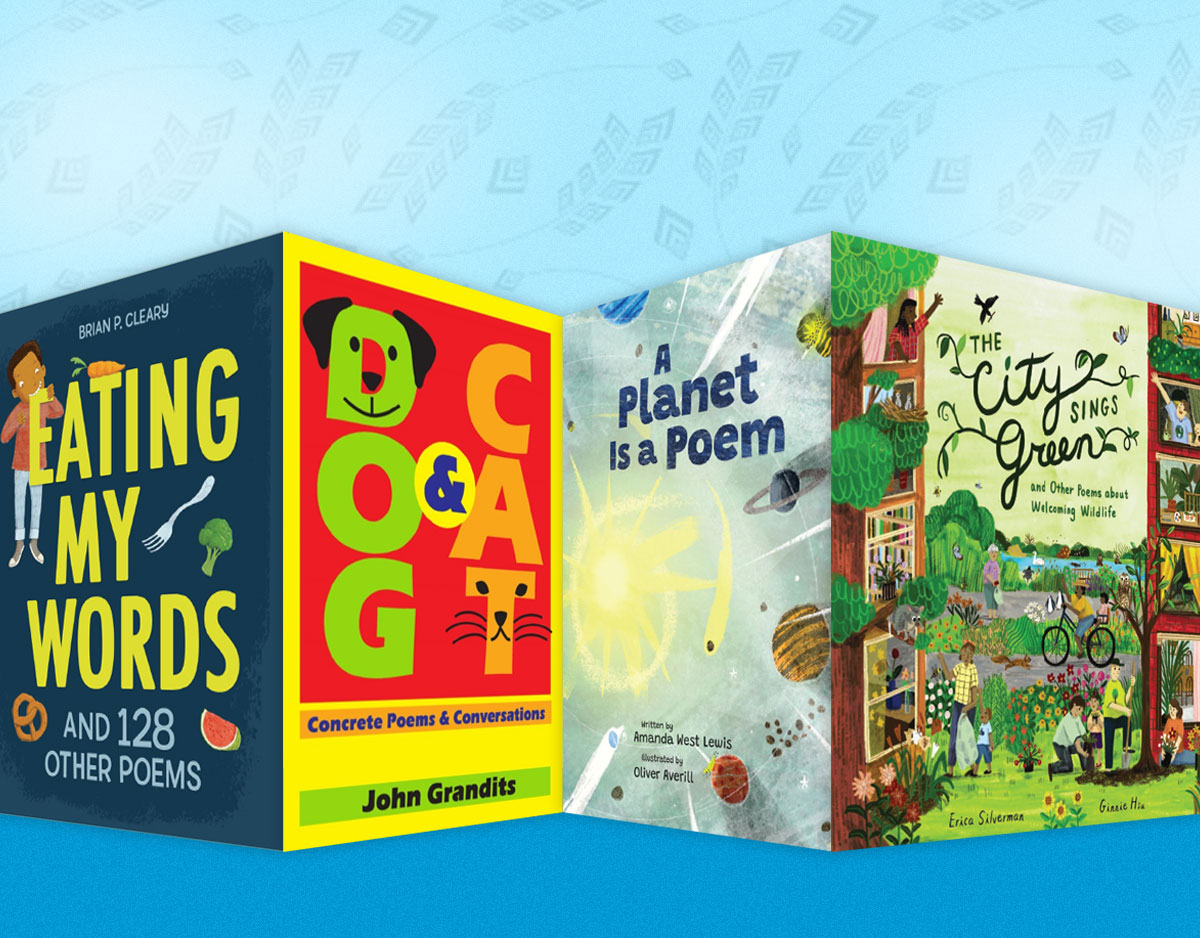The British to American Translation
 This Christmas I was delighted to find that someone had given me the latest incarnation of Harry Potter, this time in the form of the fully illustrated book by Jim Kay. Called Harry Potter and the Sorcerer’s Stone, my book was a little different as it was the British Harry Potter and the Philosopher’s Stone. My husband, knowing that I read all the original Harry Potter books in their British forms, was kind enough to let my in-laws know that it was my preferred version.
This Christmas I was delighted to find that someone had given me the latest incarnation of Harry Potter, this time in the form of the fully illustrated book by Jim Kay. Called Harry Potter and the Sorcerer’s Stone, my book was a little different as it was the British Harry Potter and the Philosopher’s Stone. My husband, knowing that I read all the original Harry Potter books in their British forms, was kind enough to let my in-laws know that it was my preferred version.
Truly, I’ve always loved the Britishisms of the original HPs. The hose pipes. The jumpers. The chips vs. crisps. Biscuits galore. Back in the day it got so that I could listen to the Jim Dale audiobooks and figure out where the American books were different. As I’m sure you all know, they were “translated”, after a fashion, for the U.S. audience.
ADVERTISEMENT
ADVERTISEMENT
The long term effects of this is that every time I read a children’s book that originated in the UK, I feel the American translations very keenly. For example, every time Lockwood and Company sit down to determine the order in which they should eat the household cookie stash, I just want to cross out the words “cookies” and replace them with “biscuits”.
Yet even more interesting are the times when translating for an American audience does not work. Two examples come to mind today, and they are both picture books that I have read to my children over and over and over again. Beloved books. Wonderful books. Books that I would buy again in a second, and yet their British to American translations stick out like sore thumbs.
 First up, the delightful Helen Oxenbury. Like many parents, I am in proud possession of a batch of four board books she created back in the 1980s. These include All Fall Down, Say Goodnight, Tickle,Tickle, and Clap Hands. Clap Hands is the book we’ll be focusing on today because it contains a soft rhyme that doesn’t really bother you until you realize where the change occurred. At the risk of invoking wrath of the copyright gods, here is the text of the very short book. “Clap hands / dance and sing / open wide /and pop it in. / Blow a trumpet / bang a drum / wave to daddy / wave to mom.” I’m sorry, I should have specified that this is the American version of the text. Naturally in the British edition that last rhyme would have read “wave to daddy / wave to mum”. After all, “mum” rhymes with “drum”. And I am not suggesting that Simon & Schuster should have kept the original text. It’s just one of those little things where when you notice it, it grates on you. Or maybe just me. Yeah. Probably me.
First up, the delightful Helen Oxenbury. Like many parents, I am in proud possession of a batch of four board books she created back in the 1980s. These include All Fall Down, Say Goodnight, Tickle,Tickle, and Clap Hands. Clap Hands is the book we’ll be focusing on today because it contains a soft rhyme that doesn’t really bother you until you realize where the change occurred. At the risk of invoking wrath of the copyright gods, here is the text of the very short book. “Clap hands / dance and sing / open wide /and pop it in. / Blow a trumpet / bang a drum / wave to daddy / wave to mom.” I’m sorry, I should have specified that this is the American version of the text. Naturally in the British edition that last rhyme would have read “wave to daddy / wave to mum”. After all, “mum” rhymes with “drum”. And I am not suggesting that Simon & Schuster should have kept the original text. It’s just one of those little things where when you notice it, it grates on you. Or maybe just me. Yeah. Probably me.
 The next example is a bit more of a ballsy switcheroo. Indeed, The Goldilocks Variations by Allan Ahlberg with illustrations by Jessica Ahlberg is such a delight that I am well and truly happy that it was brought to the U.S. The premise is simple. It tells the original story of Goldilocks and the Three Bears straight. Then you get the variations. In one version it’s The Thirty-three Bears. In another it’s done with aliens. In yet another, the very furniture of the house rises up to scare her away. Actually, this version with the furniture is the one that I mean. The art in this book is meticulous and tiny. Itty bitty illustrations scratched out in pen and ink and watercolors dot every page. The result is magical and allows for a very particular change.
The next example is a bit more of a ballsy switcheroo. Indeed, The Goldilocks Variations by Allan Ahlberg with illustrations by Jessica Ahlberg is such a delight that I am well and truly happy that it was brought to the U.S. The premise is simple. It tells the original story of Goldilocks and the Three Bears straight. Then you get the variations. In one version it’s The Thirty-three Bears. In another it’s done with aliens. In yet another, the very furniture of the house rises up to scare her away. Actually, this version with the furniture is the one that I mean. The art in this book is meticulous and tiny. Itty bitty illustrations scratched out in pen and ink and watercolors dot every page. The result is magical and allows for a very particular change.
Without getting too much into it, Goldilocks comes home to find her plates, knives, forks, spoons, etc. are engaged in a rousing baseball game. Reading this to my daughter I was a bit surprised. Baseball? Why on earth would the Ahlberg’s include baseball, of all things, in their book? So I peered as closely as I could at that itty-bitty, teeny weeny illustration. Yes, there was the cutlery. Yes, they were playing a game. But the game in question was clearly NOT baseball, though you wouldn’t know it without checking. The way they were holding their bats and the positions on the field . . . that’s cricket!! Granted, I know very little about cricket itself, but I am at least aware of what the playing field resembles and that was NOT a baseball game going on. But would any American necessarily notice? Nah. Obviously the publisher decided it would take people out of the story to encounter cricket in the middle of the book. As a result, it was determined not to be “too British” and we are the beneficiaries. I mean, look at these adorable tabs.
Who could resist that?
Have you ever noticed a “translation” of this sort? Or, for that matter (and almost more interestingly) do the British do it on their end? Do they change our baseball to cricket and our moms to mums? Somehow, I don’t think so, but I’d be curious to learn either way.
Filed under: Uncategorized
About Betsy Bird
Betsy Bird is currently the Collection Development Manager of the Evanston Public Library system and a former Materials Specialist for New York Public Library. She has served on Newbery, written for Horn Book, and has done other lovely little things that she'd love to tell you about but that she's sure you'd find more interesting to hear of in person. Her opinions are her own and do not reflect those of EPL, SLJ, or any of the other acronyms you might be able to name. Follow her on Twitter: @fuseeight.
ADVERTISEMENT
ADVERTISEMENT
SLJ Blog Network
2024 Books from Pura Belpré Winners
Winnie-The-Pooh | Review
Parsing Religion in Public Schools
Finding My Own Team Canteen, a cover reveal and guest post by Amalie Jahn
ADVERTISEMENT










I remember that the British translation of the title The Grouchy Ladybug just didn’t work. It was The (forget the word, but not grouchy) Ladybird.
Back again. It might have been The Ill-tempered Ladybird.
This may well be the best thing I hear all day. Thank you.
My kids loved “The Elephant and the Bad Baby” by Elfrida Vipont and Raymond Briggs so much that after checking it out of the library many times I bought our own copy. Sadly, the copy I bought was an Americanized version (I didn’t know there was such a thing) and there were major changes on every page- crisps to chips, biscuits to cookies, sweet shop to candy store, etc. etc. Now we own both versions and I have to say I find the british version more charming. It’s an awesome book- if you aren’t familiar with it you should definitely check it out!
Does this happen in the other direction? Do cookies in American books get changed to biscuits in the British version? And if so, why do I doubt that the British would find the original more charming?
Yes! Some of the Alfie books (by Shirley Hughes) have mom and some have mum, among other issues. And I can’t tell when I look at them online which edition I’m getting, whether they’ve all been changed in the U.S. or just some of them, etc. Someday I will go to London and buy a whole set of Alfie books. The Gruffalo and other Julia Donaldson books have also been changed. And then there’s really baffling changes, like name changes – from one strange (British) name to another strange (supposedly American) name – like Ferdie and the Falling Leaves (British) to Fletcher and the Falling Leaves (American). Whyyyyy?!?
Oh yes! Name changes! I forgot all about those. Like changing “Where’s Wally?” to “Where’s Waldo?”. Why? Do Americans seemingly have a perverse dislike of the name Wally?
Much less happens the other way round except in picture books – it’s generally thought that British children can cope with a few Americanisms and not get confused. ‘Mom’ really grates, but other than that they are fairly easy to ignore. BTW, Shirley Hughes and Julia Donaldson are both British, so those are not examples of it happening the other way round. I think the Grouchy Ladybird was changed because at the time it came out Grouchy was not used in Britain and to have an unfamiliar word in the title would have hit sales hard. Generally, though, Americanisms stay unless they are things kids wouldn’t understand – so you wouldn’t see ‘fawcet’ or ‘pocket book’ as a small child won’t know what these are, but names, references to baseball and cookies stay. I think there are more changes in picture books, including spellings such as color/colour, because it’s harder for a new reader to cope.
There was a Julia Donaldson book a few years ago called What the Ladybug Heard….not quite as musical as the original (What the Ladybird Heard)
There’s a funny one to do with the Roger Hargreaves Mr. Men characters. Mr. Fussy from the books became Mr.Pernickety in the UK version of the television show but Mr. Persnickety in the US version.
At USBBY in NYC this past October the presenter showed a table that listed different words from the original, British translation, and American translations of Pippi Longstocking. I think there were a couple from one particular country that was spaced decades apart where there were significant differences too. They were along the same lines as what you observed – dessert names being changed, Mr. Nielsen’s name being changed, etc. It was fascinating, and unsurprising, given how we here in the US think that our children will be, as you say, “taken out of a story” once they encounter something unfamiliar.
I was delighted when I opened my library’s copy of the illustrated edition – even though it was called Harry Potter and the Sorcerer’s Stone, the text was actually the original British version (only exception – every reference to the Sorcerer’s Stone. No Philosopher’s Stone). I’ve read the British versions but didn’t own them, so it was fun to see all the proper Britishisms (I quite agree that cookies for biscuits is the most grating replacement!).
I’m not sure why Bloomsbury went with American Title + British Text but the illustrated edition is definitely not the “American translation.”
First I’ve heard of it! Now that is strange. I need to think about this for a while.
I notice these things all the time. The funniest one (to me) was in Ghost Knight, by Cornelia Funke, which was written in German, but set in England, and translated into English by an American. At one point the main character wakes up in the middle of the night to see the ghost outside his window and thinks about how he has got to put on some pants so he can go chase it. WELL. In England, pants refer to UNDERpants, not trousers. It snapped me right out of the book. (I enjoyed it otherwise, though!)
My book “Druthers” was changed to “If You Could Choose” in the UK version. These little “translations” do happen both ways in my experience (stroller changes to pram, movies to films).